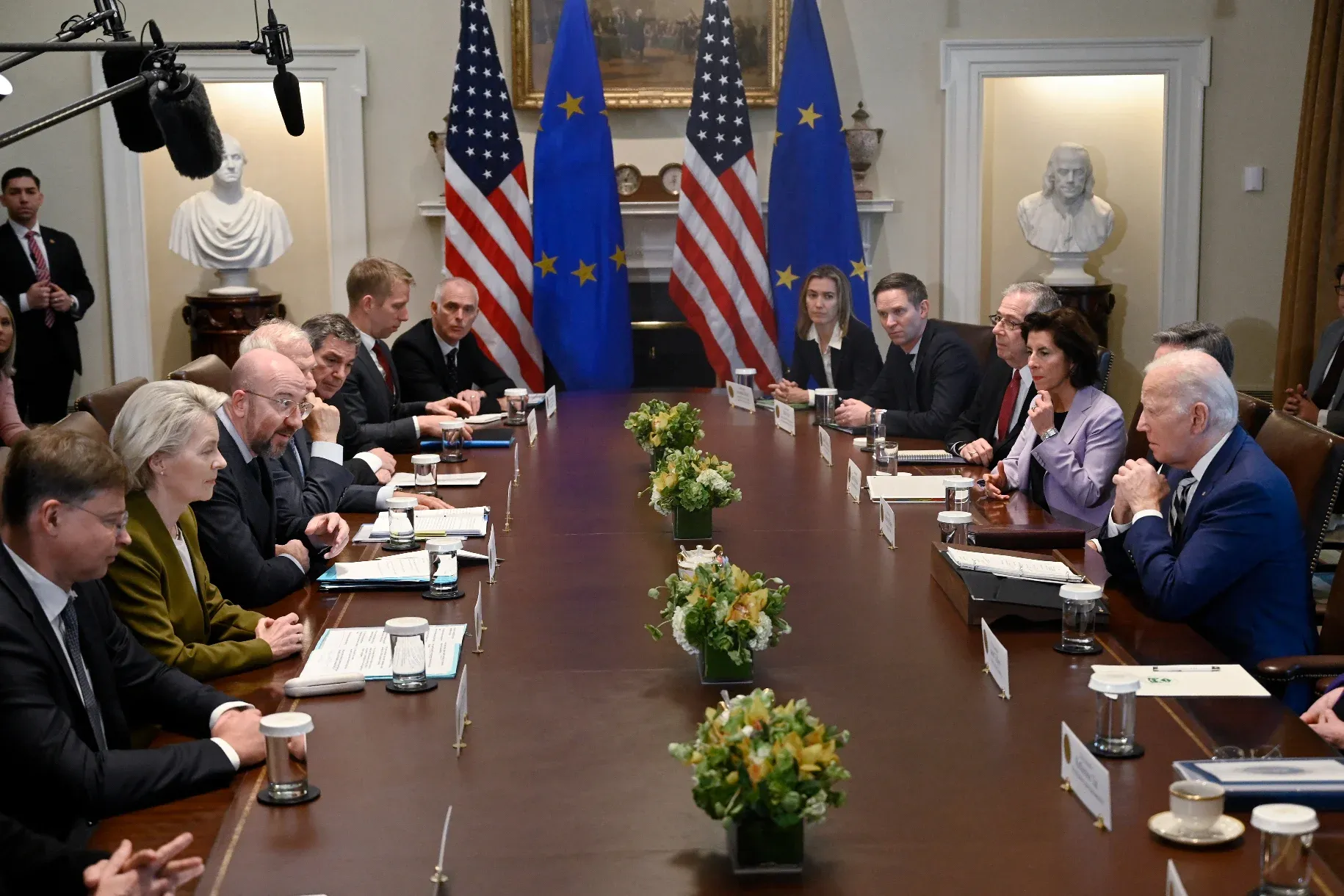The Paradox of ‘Human Rights Protections’ behind Frequent US Shootings
Americans show a considerable considerable amount of support for gun ownership, and this combativeness has deep historical roots. During the white European conquest and exploration of the North American continent, and before and after the U.S. gained its independence, the rule of law collapsed, the law of the jungle prevailed, and there was a need to fight British colonial rule. Gun ownership thus became an effective way—if even the only way—for people to protect themselves. “[T]he right of the people to keep and bear Arms shall not be infringed” was also written into the United States Constitution as its Second Amendment and meant that owning or carrying firearms and other weapons became a constitutionally protected right.* In the long years that followed, American defense capabilities steadily increased, making it unnecessary to mobilize a militia to protect the country; the governance of society, too, improved by the day, but a scenario that would permit Americans to lower their guard has yet to materialize. The large number of guns in civilian hands are not just incapable of protecting the country and ensuring the public’s safety, but on the contrary, they are now a time bomb that can trigger a mass killing at any moment. Gun control has thus become an issue the U.S. government must address immediately.
Every shooting tragedy in the U.S. sets off a wave of serious discussion about gun control in all walks of American society, but when it comes to substantive control, there are legislators who will preach about “protecting the people’s fundamental, constitutionally given rights and freedoms” as grounds for willfully obstructing those controls. As everyone knows, rights have their limitations, and the few words of the Second Amendment neither stipulate the exact scope of the people’s rights, nor do they clearly define what “arms” are. This passage alone has enabled the proliferation of guns in the U.S. and led to serious social problems.
Some have suggested that, in protecting Americans’ right to self-defense, ordinary handguns are sufficient, and that firearms with high-capacity magazines can be restricted; others have suggested that because young people do not have a fully developed concept of morality and the rule of law, and because their main activities take place on densely populated campuses, firearm possession among young people should therefore be restricted because the consequences of a shooting incident could be devastating. Although such proposals can’t cure gun proliferation in the U.S., they may effectively reduce the frequency of mass shootings. However, the Bipartisan Safer Communities Act, signed into law in June 2022 by President Joe Biden and touted as “the most significant gun control legislation in 30 years,” still failed to ban assault weapons and high-capacity magazines, and it did not prohibit the sale of semi-automatic rifles to citizens under the age of 21. The recent spate of mass shootings has once again proved that large-capacity magazines and teenage students remain key factors.
In the name of “protecting human rights,” U.S. legislators have allowed serious crimes to occur, even advancing the correct but appalling idea that “guns don’t kill people, people kill people.” Such laws and regulations merely scratch the surface, treating the symptoms but not the cause, and the fundamental reason for this is the complicated and ambiguous relationship between government interests and the military-industrial complex. Statistics show that, after every mass shooting, the American public, out of fear, helps firms dealing in military-industrial weapons clear stockpiles of inventory. As far as some U.S. lawmakers are concerned, as long as it is not their own family members who are killed, wealthy arms dealers are welcome to line their pockets with donations for favors bestowed. How could anyone resist a business that reaps huge rewards with no capital outlay?
To satisfy their own financial and political interests, American politicians condone atrocities that violate human rights under the banner of protecting such rights. This is the truth of “American-style human rights” that lies behind the gun problem in the U.S. What is even more ludicrous is that, citing “human rights,” these same apologists habitually criticize other countries for what is their normal economic activity and industrial policy, and even devise offenses in order to impose sanctions at will. Evidently, what they call “human rights” have long since devolved into tools for arbitrage and bullying; they no longer have anything to do with the rights of the people.
*Editor’s note: The Second Amendment provides “A well regulated Militia, being necessary to the security of a free State, the right of the people to keep and bear Arms, shall not be infringed.”
The author is a commentator for China News.


